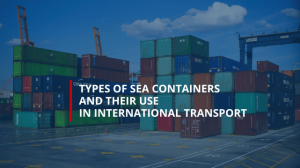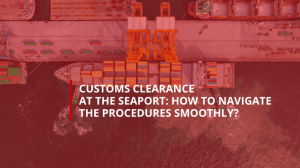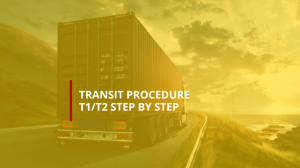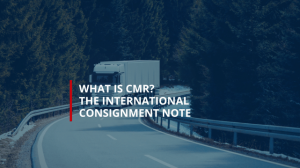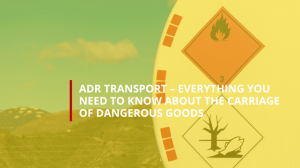

16/04/2024
CBAM – ESSENTIONAL INFOMATION FOR ENTREPRENEUR
Understanding the Carbon Border Adjustment Mechanism (CBAM)
The Carbon Border Adjustment Mechanism (CBAM) is a crucial tool of the European Union aimed at reducing carbon dioxide emissions and supporting climate neutrality goals. Learn more about its operation, scope, and implications for businesses in this comprehensive guide.
What is CBAM?
CBAM is an innovative mechanism adjusting prices at borders, considering carbon emissions. It supports the EU’s climate neutrality goals and reduces the risk of carbon leakage. It aims to align the costs of carbon emissions for imported goods with those inside the EU.
How Does CBAM Work?
As part of the EU Emissions Trading System (ETS), CBAM ensures that carbon emissions from the production of imported goods are reflected in their prices. Importers must purchase CBAM certificates corresponding to the carbon emissions of these goods, ensuring that the price of emissions embedded in imported products matches those in the EU.
Who Does CBAM Apply to and What Are the Obligations?
CBAM primarily applies to businesses importing goods into the EU. This includes various industries from construction materials to the chemical and steel sectors. Imported goods such as steel, cement, fertilizers, aluminum, and others covered by EU emissions trading systems are subject to CBAM. Producers and exporters are obliged to monitor, report, and verify GHG emissions associated with the production of these goods.
Which Goods Are Covered by CBAM?
CBAM covers diverse goods such as cement, electricity, fertilizers, iron, steel, aluminum, and chemicals impacting carbon dioxide emissions. Particularly, it targets goods with significant CO2 emissions during production, like steel, cement, aluminum, fertilizers, and certain chemicals.
When Does CBAM Not Apply?
CBAM may not apply to goods produced under environmental standards equivalent to those in the EU or exempted based on special trade agreements. It also excludes goods from certain countries or territories like Iceland, Liechtenstein, Norway, or Switzerland, goods valued under 150 EUR, and those used in military activities.
Entrepreneurial Responsibilities
Importers of CBAM-covered goods have reporting obligations. During the transitional period from October 1, 2023, to December 31, 2025, importers must submit reports to the Commission containing information on imported goods, including quantity, emission levels, and emission charges.
Legal Framework
CBAM is based on EU Regulation 2023/956 and Commission Implementing Regulation (EU) 2023/1773, providing the legal basis for its operation, scope, and obligations.
CBAM marks a significant step towards combating climate change and achieving climate neutrality goals. However, for businesses importing goods into the EU, it entails new reporting obligations and compliance with new regulations. Implementing CBAM requires collaboration between the public and private sectors to achieve sustainable and ecological economic development.
ARE YOU IMPORTING OR EXPORTING GOODS?
CONTACT US TODAY AND FIND OUT HOW WE CAN SUPPORT THE GROWTH OF YOUR BUSINESS!

